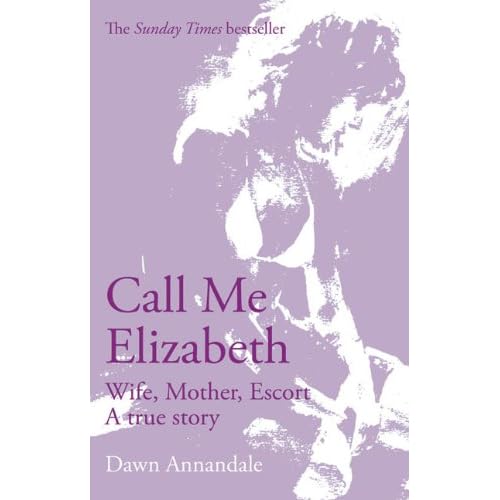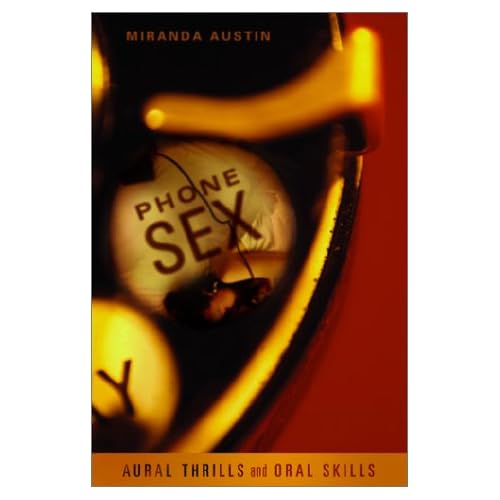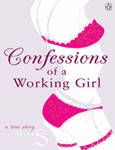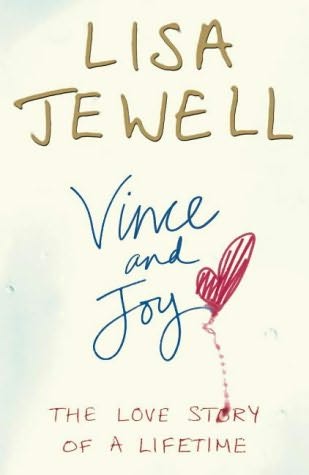Let's start this post with a confession, just for a change.
When I was a little girl - about nine or ten - I thought being a prostitute didn't look like a bad career choice. Mostly, this was due to Pretty Woman. Sex and money, what could be bad about that? Of course, as I got older I learned a little more about it, and decided it wasn't for me. I'm not a girl who can separate sex and romance, or my homelife from my worklife, not to the extent required.
 Still, I remain fascinated by the sex industry. A book I found very interesting was Dawn Annandale's Call Me Elizabeth, the true story of a woman who worked as an escort- (or call-) girl in order to fund the education of her six children. An articulate middle-class woman in her thirties, in many ways she didn't fit the typical idea of a prostitute - but, in another way she did. She'd been sexually abused by her father as a child, and although these events don't appear to directly influence her decision to sell her body, it seems telling that she saw fit to include this part of her history. Annandale had been away from her father for many years before she began work as a call girl, and it was in response to mounting debt, rather than, say, drug addiction or pressure from anyone else.
Still, I remain fascinated by the sex industry. A book I found very interesting was Dawn Annandale's Call Me Elizabeth, the true story of a woman who worked as an escort- (or call-) girl in order to fund the education of her six children. An articulate middle-class woman in her thirties, in many ways she didn't fit the typical idea of a prostitute - but, in another way she did. She'd been sexually abused by her father as a child, and although these events don't appear to directly influence her decision to sell her body, it seems telling that she saw fit to include this part of her history. Annandale had been away from her father for many years before she began work as a call girl, and it was in response to mounting debt, rather than, say, drug addiction or pressure from anyone else.
 Another book about the sex industry which I found absolutely fascinating was Miranda Austin's Phone Sex, another set of memoirs. These are mostly anecdotes from Austin's time as a phone-sex operative, and make for a very interesting read. The book is absolutely laugh out loud hilarious, while still getting across the creepy feeling Austin got from certain clients. Austin actively enjoyed sex, and had always been told she had a sexy voice. She hadn't been abused, and nor was she on drugs.
Another book about the sex industry which I found absolutely fascinating was Miranda Austin's Phone Sex, another set of memoirs. These are mostly anecdotes from Austin's time as a phone-sex operative, and make for a very interesting read. The book is absolutely laugh out loud hilarious, while still getting across the creepy feeling Austin got from certain clients. Austin actively enjoyed sex, and had always been told she had a sexy voice. She hadn't been abused, and nor was she on drugs.
Earlier, I bought a copy of Confessions of a Working Girl, by 'Miss S'. This one is the 'true story' of a prostitute who works in a brothel ('massage parlour', since brothels are illegal here in the UK), rather than on a street corner or going to client's homes, like a call girl. The blurb on the back cover reads as follows;
Miss S is smart, sassy, sexually frustrated and broke. With the rent money due, she spots an ad for a student job with a difference - in the massage parlour at the bottom of her road. Suddenly she can earn money doing something she is good at and get all the sex she needs.
Offered a job on the spot by Mrs B, an ex-working girl herself, Miss S quickly gets to grips with the rest of the girls. They include; Bella the house 'Domme', Carry the resident shrink, Tina the house snitch and Suzie the amateur porn star. That's not the mention the cast of clients; Mr Suck It Bitch, Mr Gay, Mr Pacemaker, Mr Councillor and Mr Willy Whacker...
Confessions of a Working Girl is the true, intimate diary of Miss S's extraordinary first year in a brothel and reveals exactly what a Gemini half hour really involves....
Honestly? My first thought at this point was "bollocks". Then I wondered why I thought that. I suspect it's because it sounds too happy. Do I honestly believe that every single prostitute in the world is unhappy, and dismiss entirely the idea that they aren't? I guess, instinctively, I do. And that can't be right, can it, to instantly disbelieve something just because it doesn't fit my preconceived stereotypes? After all, I can't exactly claim to have any intimate personal knowledge of the sex industry.
So, I started reading it. I'm now halfway through, and it turns out that while the blurb is complete bollocks, the book itself is really quite interesting. Most of those 'characters' only show up once, and the whole sexually frustrated thing is more understandable when explained in depth. Then there's the fact that although Miss S herself seems happy with her choice, and doesn't feel forced into it, or bad about herself, she does have some problems. Like condoms splitting, other girls on drugs, gossip, cattiness, and the paranoid idea that everyone around her knows what she's up to. Plus, it becomes clear after a while that she is the lucky one; she seems to be more of an anaomly than the majority. The other girls aren't middle class university students with high sex drives saving up for school supplies and their future - some of them are indeed on drugs, some have been kicked out by their families, some are single parents, and so on.
 So, I guess what I'm saying is, my world view is restored. I don't know what that says about me. It's not that I want women in the sex industry to be unhappy - it's that I've always learned that the majority of them are. If they were all as happy and secure in their choice as Miss S, and if all brothels were as well kept as her workplace, it would become difficult to argue against the legislation of them. That would be a good thing, I think. Austin also seems happy and secure in her choice, but then, there's quite a distance between phone sex for money and physical sex for money.
So, I guess what I'm saying is, my world view is restored. I don't know what that says about me. It's not that I want women in the sex industry to be unhappy - it's that I've always learned that the majority of them are. If they were all as happy and secure in their choice as Miss S, and if all brothels were as well kept as her workplace, it would become difficult to argue against the legislation of them. That would be a good thing, I think. Austin also seems happy and secure in her choice, but then, there's quite a distance between phone sex for money and physical sex for money.
To be honest, I still feel inclined to call shenanigans on the book, but the feeling subsides more as I get further through it.





